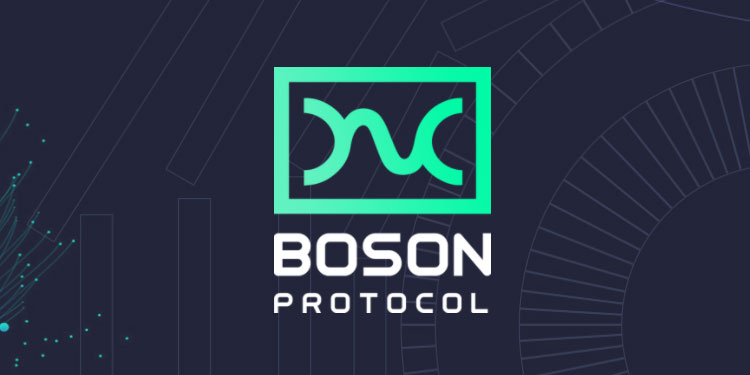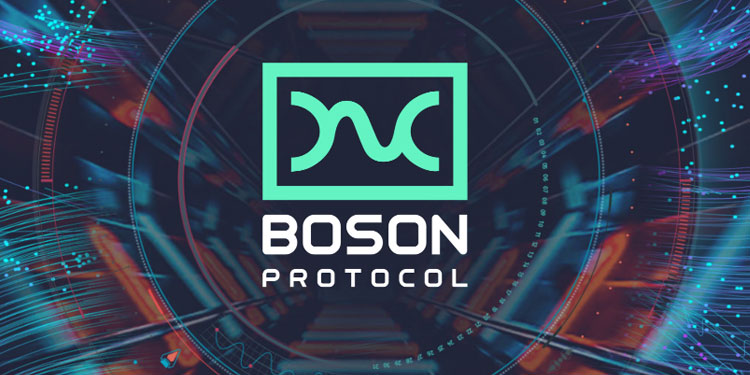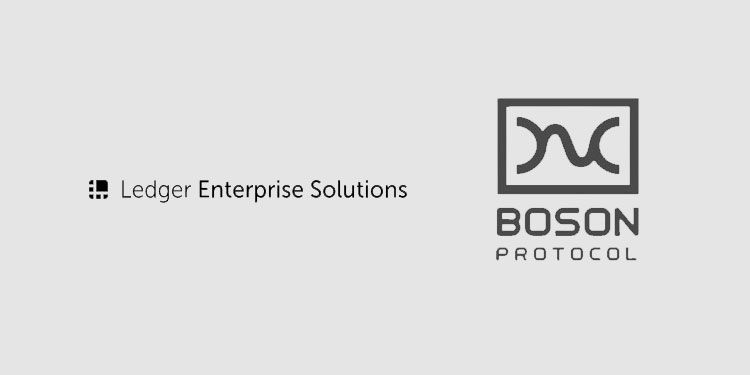Boson Protocol, a decentralized commerce (dCommerce) ecosystem using NFTs encoded with game theory, announced today that it has successfully raised $25.8 million in its public token sale, bringing the total funds raised by the company to $36 million.
The Boson team also announced the listing of the BOSON token on a number of cryptocurrency exchanges, including Bitfinex, Kucoin, and Gate.io, enabling traders to access its ecosystem and play an active role in the advancement of decentralized commerce.
This news follows Boson Protocol’s recent $10 million USD raise in private investment rounds which placed it amongst the highest-raising NFT projects to date. These private rounds saw participation from several high-profile and upcoming VCs, DAOs, and industry players including Outlier Ventures, FBG, Rarestone Capital, TRG Capital, Duck DAO, and Animoca Brands.
“We are blown away by the support we have received from so many, and we are incredibly excited to make our vision of a global decentralized ecosystem for commerce transactions a reality. We are creating the building blocks that will underpin a swarm of specialized applications to disrupt, de-monopolize, and democratize commerce.”
– Justin Banon, CEO, and Co-Founder of Boson Protocol
Boson Protocol will allow people, companies, and machines to transact in a decentralized manner, with minimized arbitration, cost, and friction. The BOSON token is the native utility token for the protocol and will be used to incentivize actions across the ecosystem.
This is the latest in a string of notable announcements from Boson Protocol, including recently-announced partnerships with companies such as Ocean Protocol, Eidoo, Royale Finance, Gather Network, Bridge Mutual, and Orion Protocol.
Boson Protocol is a web 3.0 primitive that acts as the foundational infrastructure to connect smart contracts with real-world commerce and its data to power the decentralized autonomous commerce revolution. Through Commitment NFTs, Boson Protocol allows for future trade commitments to be tokenized, enabling enterprises, organizations, and customers to bridge the divide between digital decentralized technologies and the transfer and trade of physical goods.






















